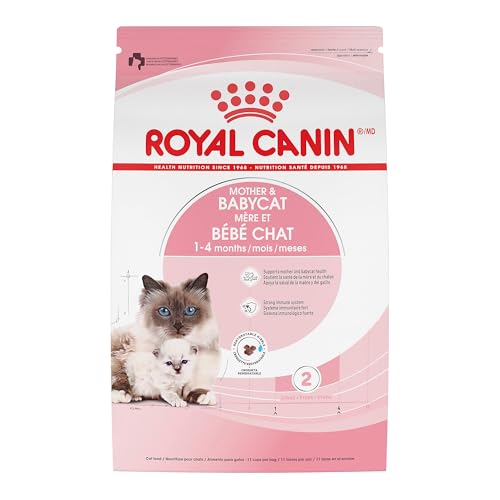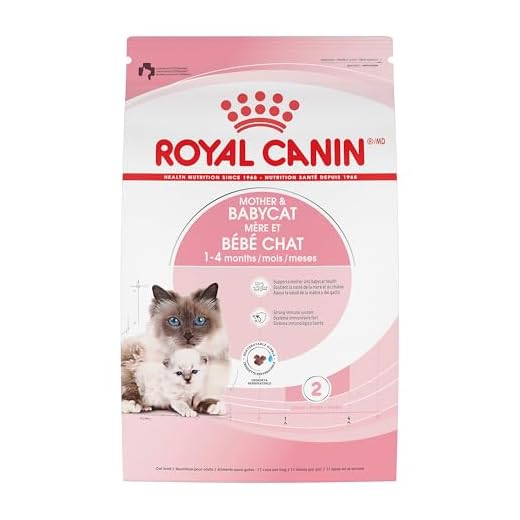

Typically, the duration of pregnancy in felines ranges from approximately 63 to 65 days. This period can fluctuate slightly, with some expecting mothers giving birth as early as 58 days or as late as 70 days. Each individual may experience unique timing based on various factors, including breed and health.
During this time, it’s essential to provide proper care to the soon-to-be mother. A balanced diet rich in nutrients will support her health and the development of her kittens. Additionally, creating a comfortable and safe environment is crucial for the well-being of both the mother and her future offspring.
As an observant feline, I’ve noticed that signs of impending labor can become evident a week or so before delivery. Look for behaviors such as nesting, increased affection, or restlessness. Being aware of these signals can help ensure a smooth transition into motherhood for your furry friend.
Understanding the Average Feline Gestation Period
The typical duration for a feline’s pregnancy ranges from 63 to 65 days. This timeframe can vary slightly based on factors like the breed and individual health. It’s crucial to monitor your furry friend’s condition throughout this period, ensuring she receives proper nutrition and care.
During the final weeks, consider preparing a comfortable space for the upcoming kittens. A quiet, warm area with clean bedding is ideal. As the time approaches, you might notice behavioral changes in your companion, such as nesting instincts kicking in.
After the little ones arrive, maintaining a clean environment becomes essential. A suitable litter box for multiple large cats can help manage hygiene effectively. Keeping the space tidy will support both the mother and her kittens as they grow and develop.
Signs of Pregnancy in Cats to Watch For
Pay close attention to behavioral changes. Increased affection or a sudden desire for solitude can indicate that she is expecting. You might notice her seeking out cozy spots or nesting behavior as she prepares for the arrival of her kittens.
Physical Indicators
Observe her body closely. Nipple enlargement and darkening can be a clear sign. Weight gain occurs gradually, especially around the abdomen, which may become more pronounced as time goes on. Additionally, some might notice a change in appetite, ranging from increased hunger to occasional nausea.
Health Changes
Monitor for signs of lethargy. A growing feline may exhibit less energy than usual. Regular vet check-ups are advisable to ensure she remains healthy throughout this period. Changes in grooming habits can also be a clue; she may groom less frequently or focus on specific areas of her body.
What to Expect During Each Stage of Pregnancy in Felines
During the initial week, you might not notice significant changes. However, as the second week approaches, I may begin to exhibit increased affection or clinginess. My appetite could fluctuate, with a tendency to favor certain foods.
By week three, my belly might start to swell slightly. I’ll likely become more restless and may seek out quiet, safe spots to relax. If you’re observant, you might catch me napping more frequently than usual.
In week four, noticeable changes will occur. My abdomen begins to grow more prominent, and I may experience morning sickness, causing occasional vomiting. Increased grooming behavior is common, as I prepare for the arrival of my kittens.
As we reach week five, my energy levels might dip. This is when I’ll need extra care, gentle handling, and a cozy space to rest. You may notice me nesting, rearranging blankets or finding secluded corners to create a safe haven.
By week six, the kittens are developing rapidly. You could feel movement in my belly, a sign that tiny lives are active inside. I may also start to exhibit signs of nesting more aggressively, gathering soft materials to make a comfortable area for delivery.
In week seven, my appetite will increase as I prepare for labor. I might become more vocal or display signs of discomfort. This is a critical time for monitoring my health, ensuring I have access to nutritious food and clean water.
During the final week, signs of impending labor will become evident. I may pace, exhibit restlessness, or even seek your attention more than usual. It’s vital to provide me with a calm environment and access to my chosen birthing area.
As the day approaches, remain attentive and supportive. I’ll appreciate your presence, and with your help, this process can be a positive experience for both of us.
Preparing for the Arrival of Kittens
Set up a cozy, quiet area for the soon-to-arrive furballs. A box lined with soft blankets makes a perfect nesting spot. This will help my mom feel secure and comfortable as she prepares for her little ones.
Nutrition is key. Offer high-quality food specifically designed for expectant mothers. It should provide extra calories and nutrients to support her and the growing kittens.
Veterinary Care
Schedule a visit to the vet. Regular check-ups are necessary to monitor her health and the development of the kittens. Vaccinations and parasite control should be discussed to ensure a safe environment for the newborns.
Supplies and Support
Gather essential supplies: kitten food, a feeding bottle, and a heating pad for warmth, as newborns can’t regulate their body temperature. Keep a close eye on her behavior; she might need extra attention and love during this time.
Finally, be ready for the unexpected. Kittens can arrive at any moment. Keeping calm and prepared will make the process smoother for everyone involved.
Post-Gestation Care for Mother Cats and Kittens
After the kittens arrive, providing the right environment and care is crucial for both the mother and her little ones. Ensure the mother has a quiet, comfortable space where she feels safe. This can significantly reduce her stress levels.
Nutrition for the Mother
Feed the mother high-quality kitten food. It’s richer in nutrients and will support her recovery and milk production. Offer small, frequent meals to cater to her increased appetite.
- Keep fresh water available at all times.
- Monitor her weight and health closely.
- If she shows signs of distress or refuses to eat, consult a vet.
Care for the Kittens
Ensure the kittens are nursing well. They should gain weight steadily. Check for any signs of illness, such as lack of energy or irregular breathing.
- Keep the nesting area clean and warm.
- Introduce gentle handling when the kittens are a few weeks old.
- Start socialization early to help them adjust to human interaction.
As they grow, prepare for their first solid foods around four weeks. Transitioning them to a balanced diet is essential for their development. If you’re curious about cooking, check out this guide on how to cook gnocchi in skillet for ideas on meals you might enjoy while caring for your furry friends.
Monitor the health of both the mother and her kittens regularly, and keep a vet’s contact handy for emergencies. With the right care, the little ones will thrive and grow into healthy companions.
FAQ:
How long does a cat typically gestate?
A cat’s gestation period usually lasts between 63 to 65 days. However, it can vary slightly depending on factors such as the cat’s breed and overall health. Most pregnancies will fall within this range, but a few days more or less is not uncommon.
What signs indicate that a cat is pregnant?
Pregnant cats may show several signs, including changes in appetite, increased affection, and noticeable weight gain. You might also observe behavioral changes such as nesting instincts as the due date approaches. If you suspect your cat is pregnant, a veterinary examination can provide confirmation and additional information.
Can a cat have multiple litters in a year?
Yes, a cat can have multiple litters in a single year. Cats are known to be seasonal breeders, meaning they can become pregnant several times during the breeding season, which typically lasts from spring to fall. A single cat could potentially have two to three litters annually, with each litter containing an average of three to five kittens.
What should I do to prepare for a cat giving birth?
Preparing for a cat’s birth involves creating a safe and comfortable space for her. Set up a quiet area with a clean, soft bed where she can feel secure. Provide her with access to food, water, and a litter box close by. It’s also wise to have the contact information of a veterinarian on hand, in case any complications arise during the birthing process.
Are there any risks involved during a cat’s pregnancy?
Yes, there are some risks associated with a cat’s pregnancy, including complications such as dystocia (difficult birth), infections, or health issues that could affect the mother or kittens. Monitoring your cat’s health throughout her pregnancy is essential. If you notice any unusual behavior or signs of distress, it’s important to consult a veterinarian for guidance.









